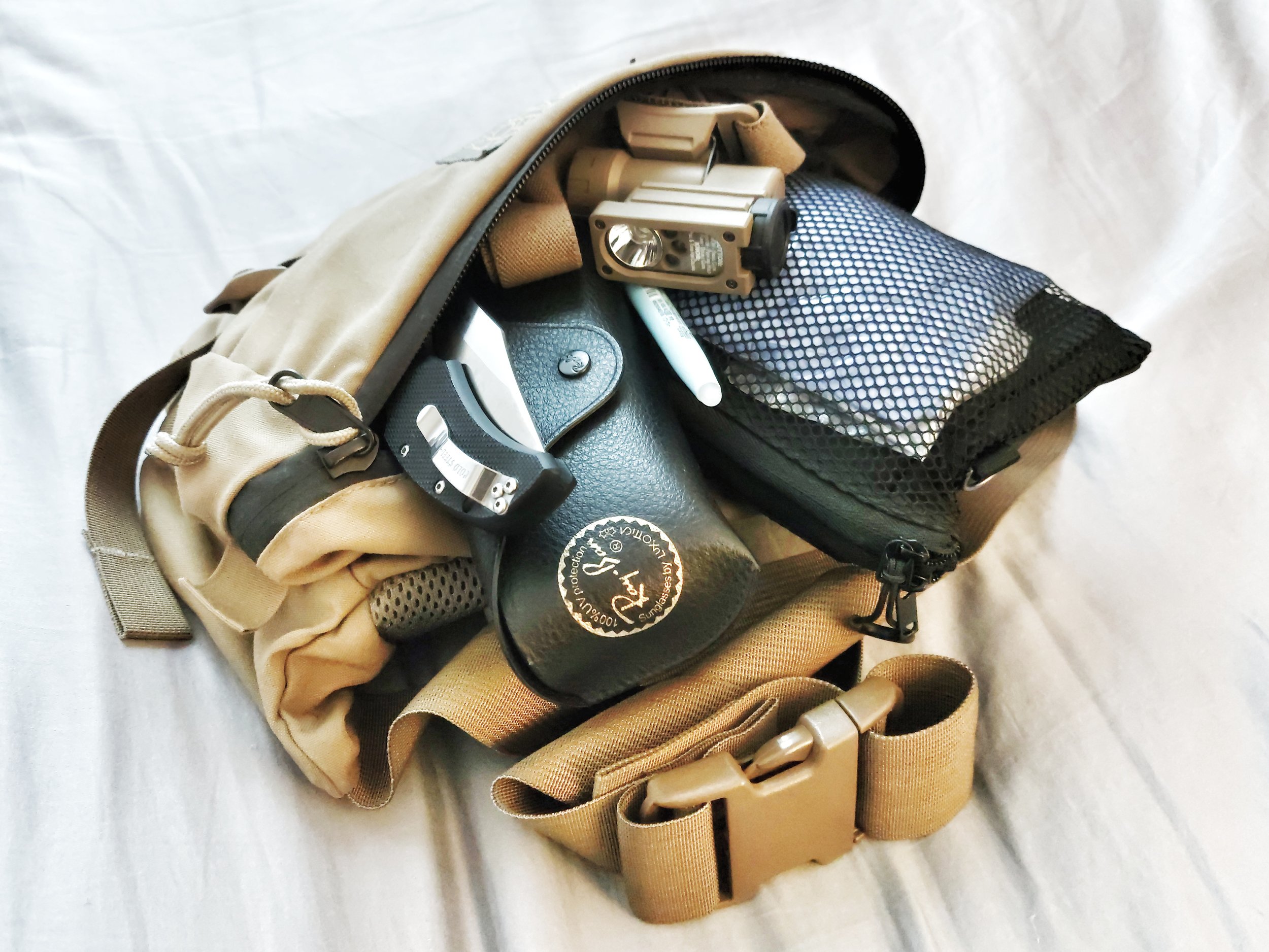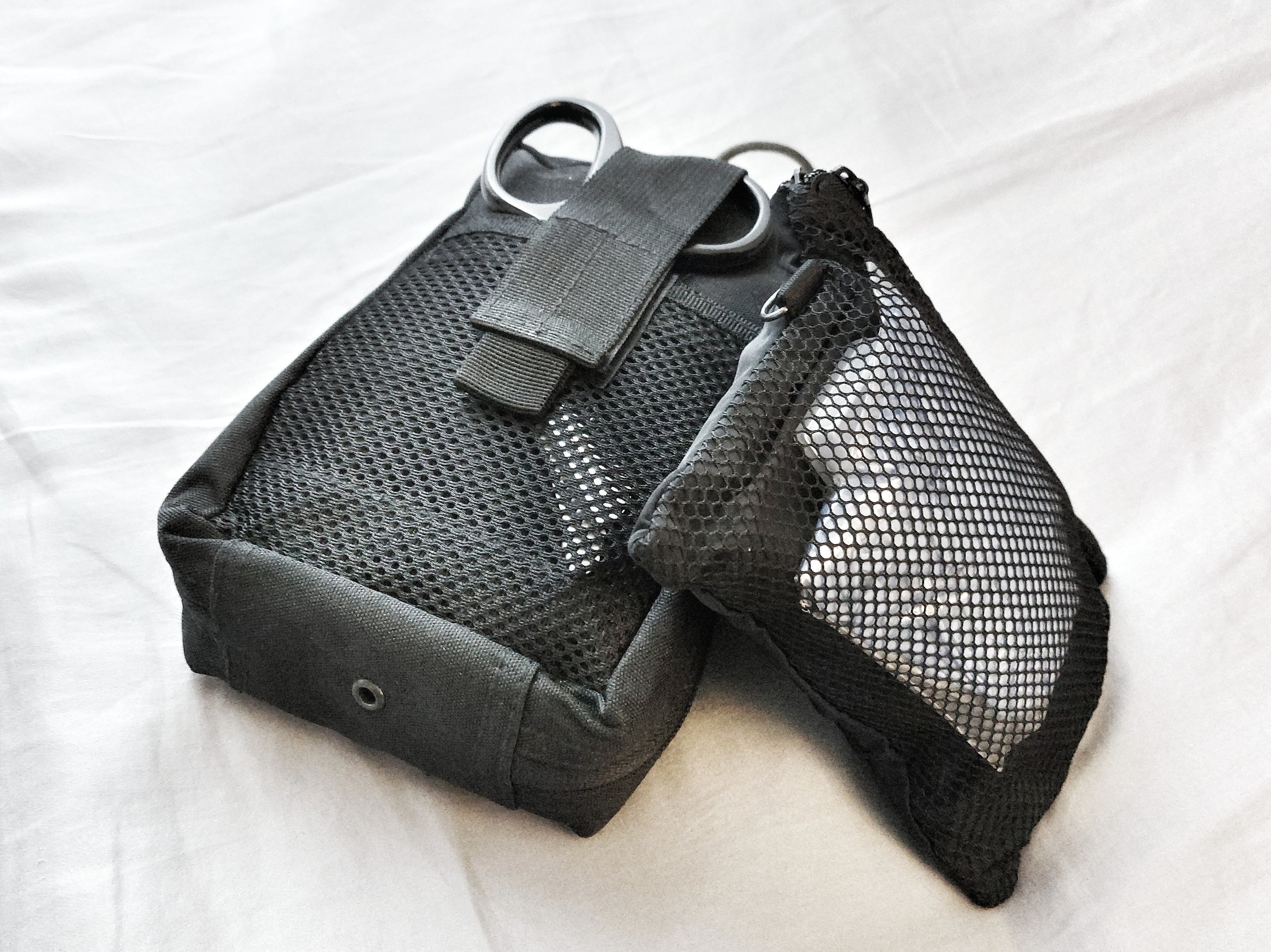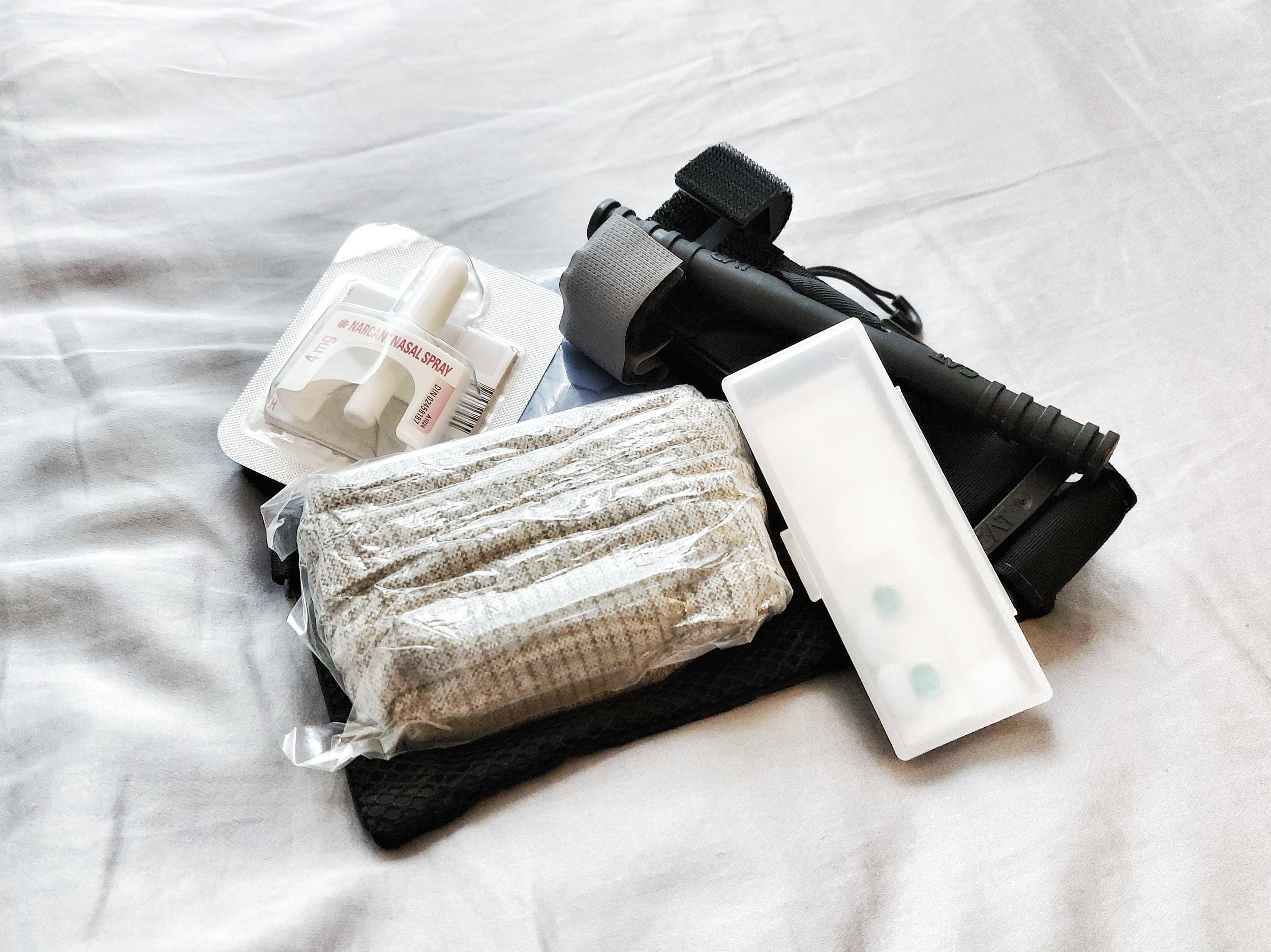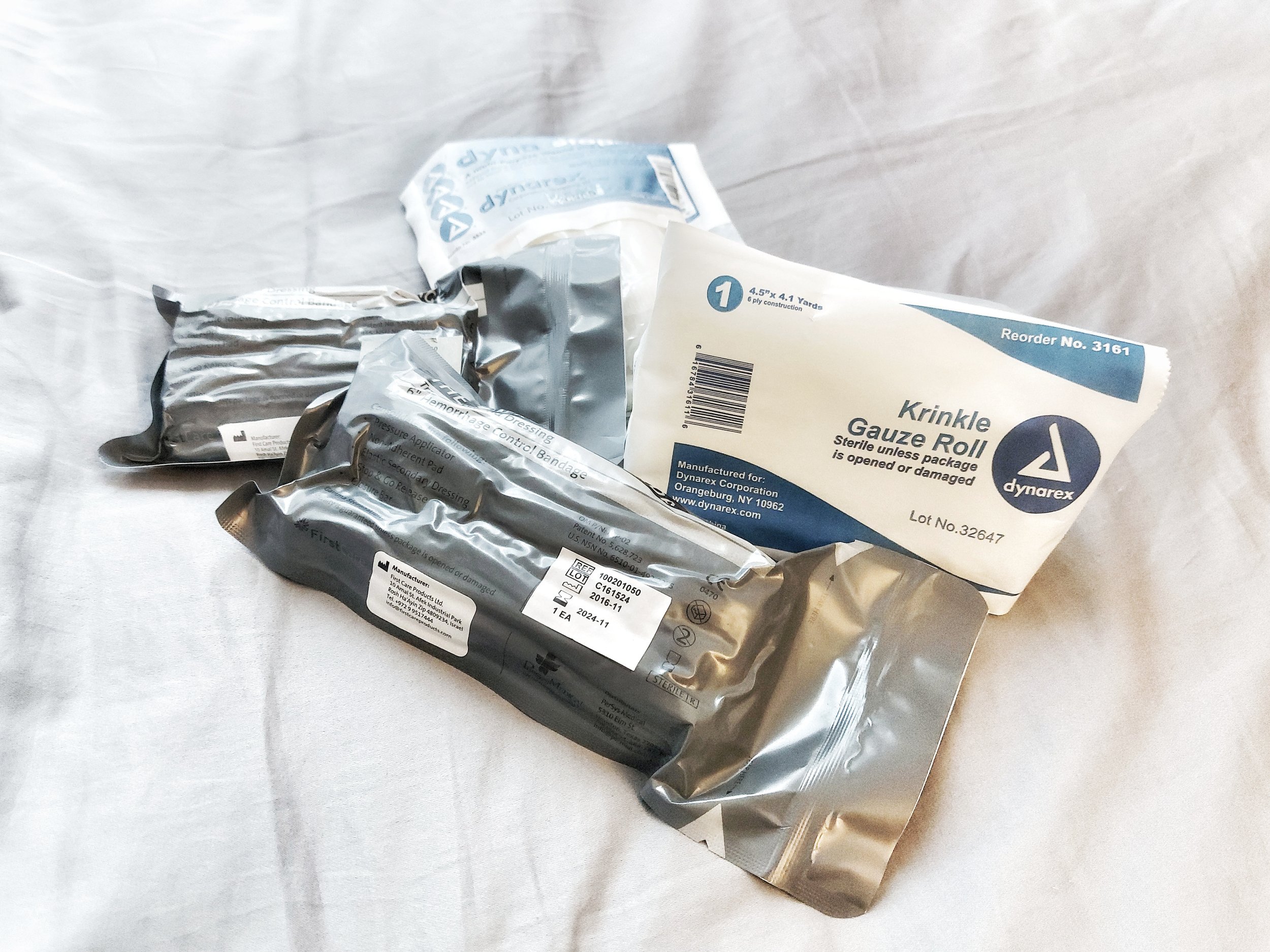Your Daily Dose of First Aid For Urban Preparedness
While first aid holds an important place in urban survival, many of us continue to focus on the long game. We look solely to the horizon, building out full-scale solutions to face troubled times ahead. But with a world of misadventure just beyond our doors, it's important not to lose sight of the daily unknowns. Whether we like it or not, disaster usually crops up when we're least prepared.
Excuses Seem Easy
When an issue pops up around the home, many of us can turn to a well-stocked first aid kit tucked neatly away in a closet or cubby. While critically important, many of these preps are tethered to the home. Working, commuting and enjoying our lives on the go, this arrangement leaves little room for success once we step out the door. Form factor is usually the culprit here. Our kits are too big, our bags are too small. Perhaps we just don't see the point. Afterall, we've made it this far. But when things go wrong, they go wrong quickly. And while help is usually just minutes away, sometimes that's the difference between life and death - especially for the quick killers.
It Doesn't Take Much
Bleeding out is about as quick as it gets (see: 'MARCH' and TCCC for further reading). At an absolute minimum, a modern pressure bandage and TCCC approved tourniquet will go a long way in combating heavy blood loss, while wound packing media and hemostatic agents can really help to bolster the baseline when things go pear-shaped (hemostatic packing gauze is great if money and space allow). If you don't want to build your own, there are a number of fantastic pocket-sized kits out there to get you started. Along with the right training, you'll be better prepared to address everything from amputations to junctional bleeds.
Keep it Small
When packed together, the footprint of a pressure bandage and tourniquet take up little more space than an overburdened wallet. For those reluctant to carry on a daily basis, I often recommend piggybacking on the mundane. Many of us will carry meds or band aids, so use these items as a running mate. You may not see the use in carrying a tourniquet each day, but what about your allergy meds?




Whether you're apprehensive about the need or space, it's important to remember that disaster rarely waits. Car accidents, falls, attacks or otherwise, having the ability to put a pause on death for even a moment is worth your time. When it comes to first aid throughout your day, try not to forget that a little goes a long way. You never know when someone will be counting on you.

